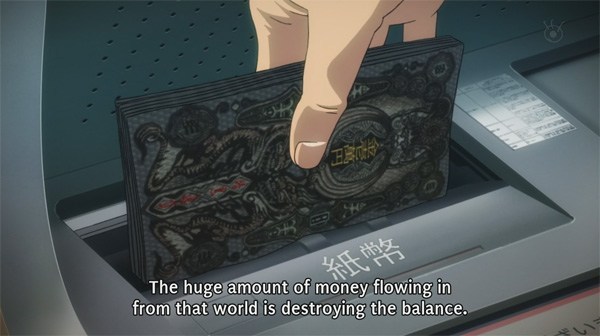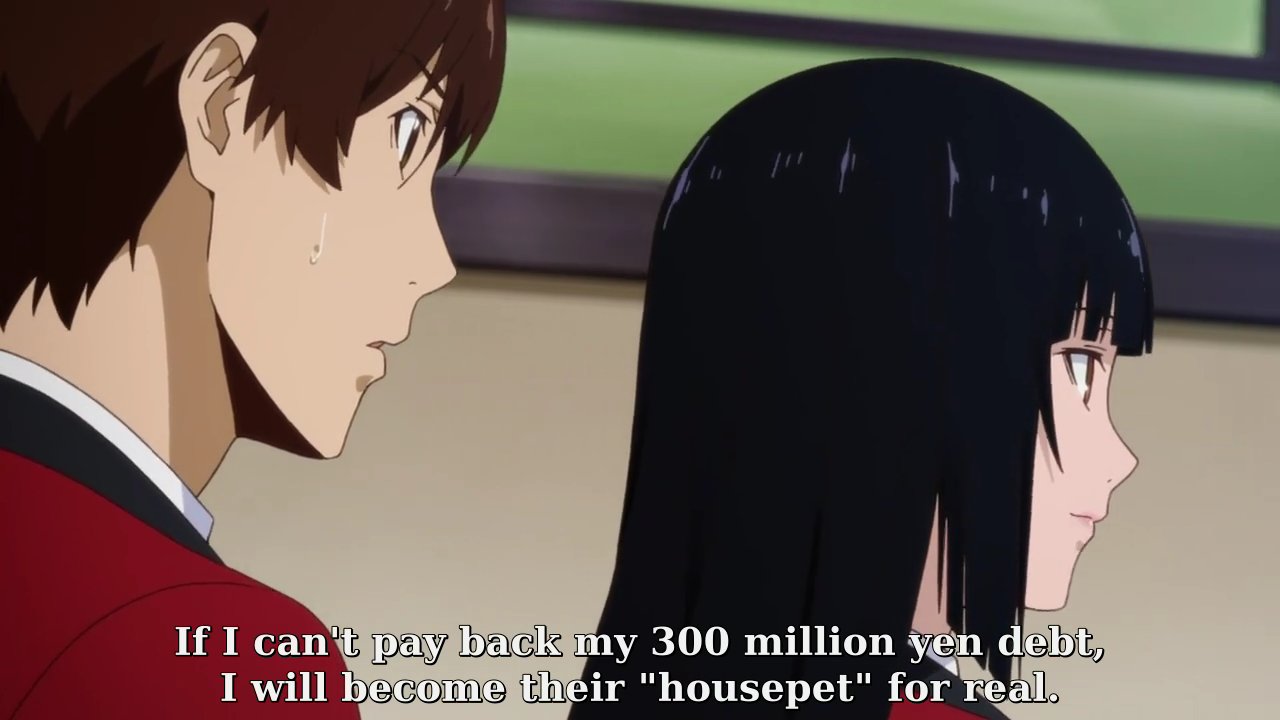This will be the last article on property for this period, having written a series on rental, 1 article on capital appreciation and even side-tracked 1 article on fengshui. Today we will zoom out further on the economy. While no one can predict the future, but with logic as well as reference from other countries, we can make some prediction.
The previous financial crisis were in 1979, 1987, 1997 and 2008, occurring about once every 10 to 12 years. Going by the cycle, 2018 should have been the next financial crisis. But it did not happen because firstly, Trump delayed the crisis and forcibly boosted the economy instead. Then came 2020 when US printed out 75% of their total money supply and caused inflation. In a period of pandemic when companies close down and people were losing jobs and dying, the biggest companies made record profits and the S&P 500 hit record highs.

Inflation became serious, and the US began to undo this by aggressively raising interest rates to a 22 year high now. In business, this means that the cost of capital has increased. Businesses everywhere are scaling down and retrenching staff. When people have no jobs, their spending power drops, creating a vicious cycle where businesses continue to suffer and close down.
Yet, despite all these, the US stock market is still rallying after a short dip. Singapore’s property market is still booming with multiple million-dollar transactions for public housing every month. For new condominium launches, almost every event has seen them completed sold out at sky-high prices.

This should not last long. We look at what is happening in other countries.
In China, the bleak outlook is causing people to scrimp and save so they can pay off the housing loan as soon as possible. This causes a further strain on the economy as people are prioritising safety over spending. In fact there is a growing trend on lower cost lifestyle such as going for brandless products, which they found to be just as good in terms of quality of the branded. This has made the Chinese government do a drastic U-turn just less than a year after clamping down aggressively on the housing market.
In New Zealand, the high interest rates meant that people are finding it difficult to pay off the loans. Housing prices have since dropped by 18% and will continue to fall. In the UK, prices are also falling. However, in Thailand, there has been reports and signs of a price reversal, that housing prices in Thailand has bottomed out.
What has caused property prices in some countries to fall and some to go up? Essentially, demand and supply with interest rates playing a very big factor. Every country has their unique situation. While I can give a broad overview, potential investors should take note to customise your homework to each country’s unique circumstance.
First, we broadly categorise countries with a decreasing or stagnant population and those with a significantly increasing population. Most countries belong to the former category. Only the population with the necessary spending power to buy a house are considered.
As mentioned above, high interest rates cause businesses to close down or suffer, which in turn results in loss of jobs, which causes an overall drop in spending power. When that happens, as a whole, the population is firstly unable to upgrade to new or bigger houses, opting first to ensure safety by sticking to their current ones. Secondly, a percentage of them will be unable to pay for their existing housing loan.
Assume that a condominium cost $1.2 million, and a couple makes a $400,000 downpayment and take up a loan of $800,000 spread out over 25 years at 1.5% (the rate 2 years ago). That will mean $32,000 of principal repayment + $12,000 interest per year = $44,000 a year = approximately $3667 per month.
Calculating using simple interests, 1% out of a $800,000 loan is $8000. For every 1% increase in interest rate, the couple needs to pay $8000 more per year. The current interest rate is already about 3.75% in Singapore, and in New Zealand it has already hit 6% and above. Using our 3.75% example, the couple now needs make a repayment of $32,000 on principal + $30,000 on interests = $62,000 a year = $5167 per month. Just by a mere increase of 2.25% in interest rate, the couple now needs to pay about 41% more for the loan, with nearly half of it just on the interests. It is even worse for people in New Zealand and hence we have seen that their housing prices have dropped.

Buying expensive houses has many people stretching themselves to the limit even with a stable monthly salary. The current situation hits them on 2 counts – increased payment assuming all others remain constant, and increased payment with a decreased income. Hence, we will have a case where increasingly people will not be able to cover their loan, and being forced to sell their houses at a loss. When that happen, the final and biggest blow to them will be an outstanding loan without a house for those who maxed out their limits. For example, a couple may decide to buy a $3m condominium unit but forced to sell at $2m, incurring a $1m loss and a likelihood of debt to the bank. This has already started happening in China.
When the market rallies, people lose all concept of money and just bid higher than the other. The reverse is true in a state of panic. If I do not cut loss now, I may have to sacrifice even more later. Desperate people who lose their capacity to hold on to their property will panic and sell at prices lower than each other, creating an oversupply, and therefore dragging down the whole property market with them. The first domino card that fell will create a secondary impact on others originally not affected.

To understand the domino impact, let us first see how the property developer works. Property developer Tom Pte Ltd intends to build a 1000-unit condominium development. But before that, Tom Pte Ltd creates a subsidiary called Jerry Pte Ltd. Homebuyers will sign a contract with Jerry Pte Ltd, which will build their house for them.
Property developers often do not have sufficient funds to cover the cost of building the whole development. Hence what they do is to get the money in tranches. It may be familiar to many homeowners that they pay first a downpayment, with which the developer start their first phase of construction. When they move to the second tranche, they will collect the second payment. By collecting money and building in stages, they ensure that they will always be using other’s people money for their construction. Different countries have different ways to go about it. For example in China, the homeowners will take a loan, and the bank will release the funds to the developer in stages depending on the construction progress.
Now comes 2 issues. If something happens that results in many homeowners being unable to continue servicing the loan, the property developer will not have enough money to proceed to the next phase of construction. The next blow will come when there is corruption. For example, if the bank releases the funds to the property developer ahead of schedule, and that money has already been pocketed by the various parties. In this case, construction will not be able to proceed. This is why China has many unfinished projects and the people took to the streets and refused to pay any outstanding loan. Because in a classic power play, the banks are saying that the construction schedule has nothing to do with them, but that the people who owes them money has the legal obligation to continue their repayment. After many months, nothing has been solved and the poor citizens suffer. Take note that if Jerry Pte Ltd is bankrupted, that is its end of any legal liability. It does not impact Tom Pte Ltd at all, because it is Jerry Pte Ltd which has the obligations to the homeowners. Just like a father cannot go to prison for his son’s crime. Furthermore, if the son is dead, the case is closed. Take a look at the very contract you signed when you buy a new launch.

The second set of domino cards will continue to fall when the property developer bails out. The construction of a development will involve many sub-contractors. From construction materials to building equipment, from masonry to carpentry, from plumbing to electrical, companies typically operate on credit, ie receiving payment after a period of maybe 90 days. If Jerry Pte Ltd falls, all other sub-contractors will not get away unscathed.
Even for homeowners who are already owning a house, a panic selling situation may also impact them. In the modern day economy where everything is inter-connected, the collapse of one sector may cause a falling domino in other areas. Many sectors depend on the property market for a living – property agents, interior design and renovation companies, furniture and home appliances businesses, landscaping, home improvement and even REITS etc. From residential to commercial and industrial properties, branching out to all sectors directly or indirectly involved, a vicious cycle will start where people got sunk due to the secondary impact. And as the impact widens, so will more and more domino cards fall. The property market is especially serious compared to other sectors because it almost involves everyone.
Now we look at countries whose property values may be rising. For example, Thailand. During Covid, people realise that they can work remotely. Once they have tasted the good stuff, they cannot go back to the old ways. This has given people unprecedented flexibility in terms of working and living arrangements. For example, in Singapore, there is a growing trend of people opting to live in Malaysia, where things are 1/3 the price. Elsewhere in the world, people are also opting to relocate out of expensive cities. Thailand is a good choice because of its location and low cost.
Why is Singapore a good place for companies to locate here and for them to send expats here? Because of its geographical location. From Singapore, it is much more convenient to travel to different parts of the world. Singaporeans speak English too, an internationally used language. Singapore is also open to foreigners (unlike Japan). Its location, and by extension its timezone, is not too extreme, meaning that during waking hours (be it day or night), it is easier to hold meetings and collaborations with people all over the world. But, Singapore is getting expensive. And Thailand is becoming more attractive.
With more people with the spending power flowing into Thailand, housing prices have started to rise up again after bottoming out. However, that is not to say that I recommend everyone to get a piece of cake there. Thailand has its fair share of problems, such as being easy for foreigners to buy but difficult to sell, a subpar building quality, a less than ideal building maintenance etc.
Overall, when considering the general circumstances of today, I am of the view that property prices has already started to fall in many places, and the worst is yet to come. It is good to quickly earn and save some cash now. That being said, if you find a unique spot in a unique circumstance for a good deal, and if you have decided it will result in profit, then go for it.
Showing 1 - 3 out of 3
Page 1 out of 1
| - | Shop Products | Price | |
|---|---|---|---|
|
|
$99,999.00
|
||
|
|
$1.00
|
||
|
|
Price range: $69.00 through $99.00
|


